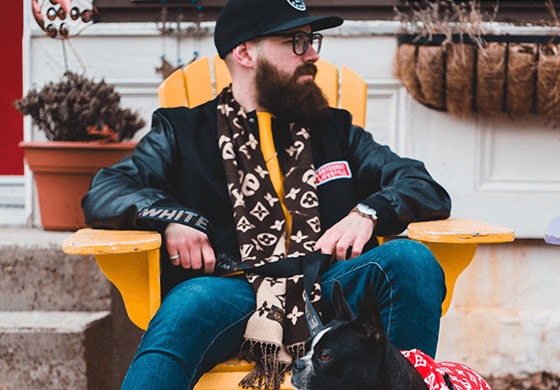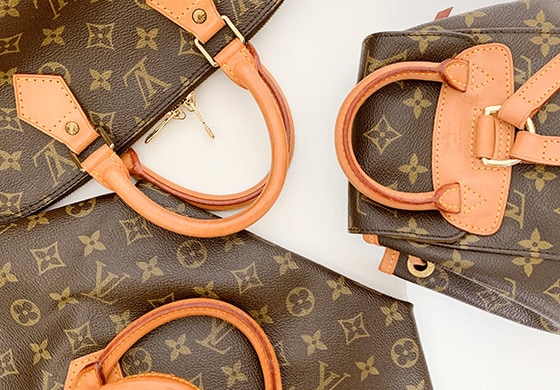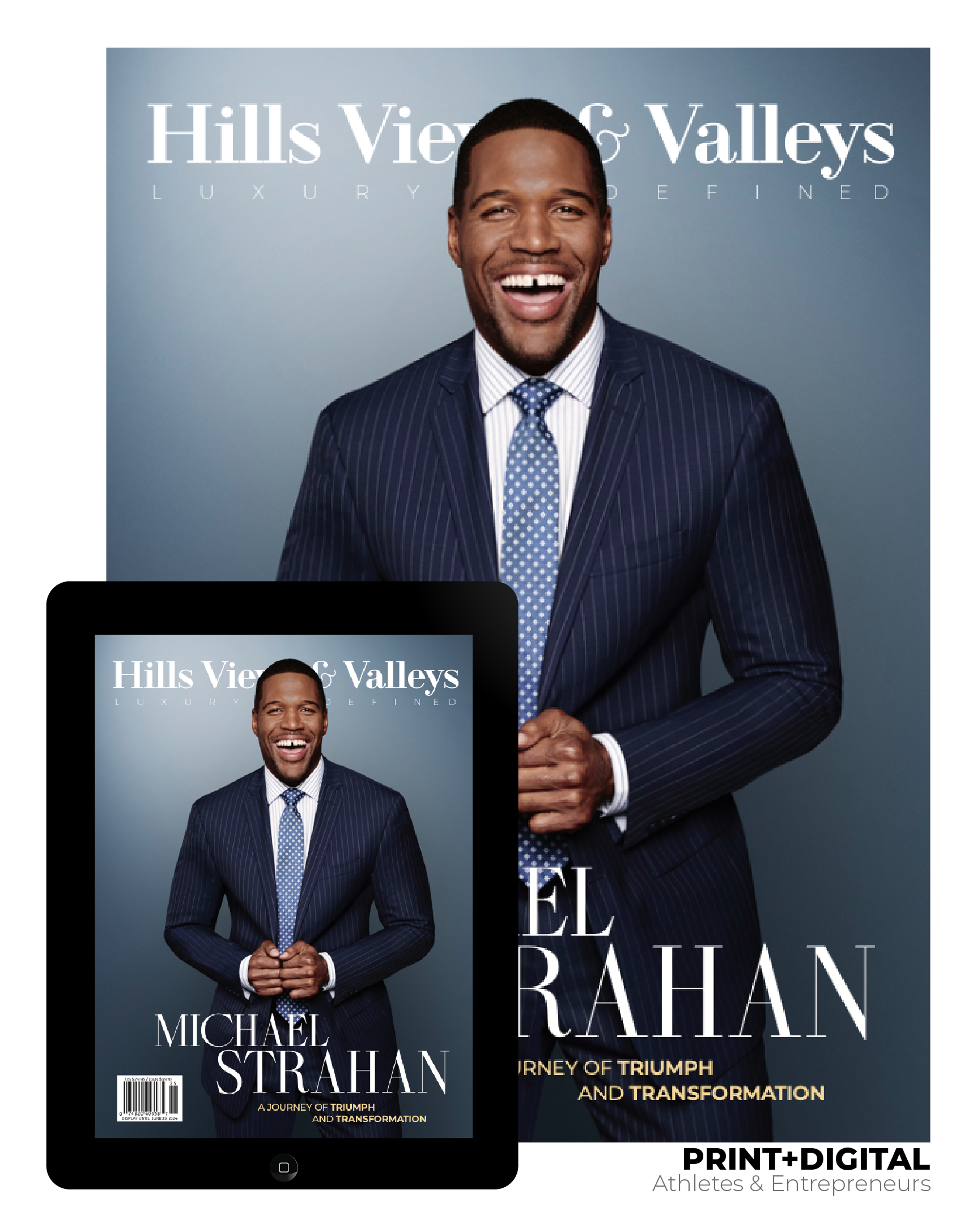

Subscribe to our Newsletter!
Get our latest news straight into your inbox


Five Trends Emerging in the Luxury Market Post-COVID-19
To say that the novel Coronavirus is changing the world would be an understatement.
But how it is changing the world is still somewhat ambiguous.
When it comes to the luxury market, things are even more fraught as so many of the services and companies associated with that segment thrive during times of economic prosperity.
Now, faced with economic collapse in many parts of the world, their models are coming under challenge.
Here are five trends we think will hugely impact the luxury market going forward:
1. Globalization is Changing
The pressures brought on by the novel coronavirus pandemic are not just exclusive to the luxury market but are affecting nearly every industry out there. One trend that analysts see changing in the future is the role globalization plays in our lives, namely that it will become more diffuse and less centered around China, Europe, Japan, and the United States. Rising economies such as India will largely step in to fill the void left by China’s inevitable decoupling from many western markets. From the Huawei scandals to the trade tensions between the US and China, the COVID-19 pandemic is only accelerating this decoupling which began in earnest in 2016.

2. Fashion Will Move Away from Season and Embrace Micro-Lines
Because of the importance of social media in selling products, fashion will begin to move away from strict seasons and start embracing the more fast-paced models employed by fast fashion. This doesn’t mean that luxury brands will adopt the disposable nature of that style of clothing, but rather the buy-it-now-or-forget-it nature of fast fashion and its single runs as well as its ability to iterate more quickly on emerging trends. Social media will impact this because it is basically free media coverage for fashion houses who had to rely upon the traditional industry in the past.


3. Focuses on Experiences Over Things
Luxury goods will give way to luxury services and experiences. One prime example of this trend is Louis Vuitton’s Belmond chain of luxury hotels. Offering the LVMH experience within a hotel setting, these boutique properties scattered around the globe’s most glamorous hotspots will emphasize the delivery of memories and bespoke experiences to travelers in a post-coronavirus world.


4. The Emergence of New, Novel Business Models
From renting items for a short period of time to leasing them out yourself, luxury goods will begin to explore more novel and unique business models to reach customers. This will be especially true when it comes to purveying luxury goods. As many consumers will be more budget-conscious in the future for various reasons, luxury manufacturers that wish to maintain their market cachet (and current price levels) will need to explore other ways of delivering goods to buyers. One example of this trend was recently announced by BMW which plans on adding microtransactions into its cars.


5. Agile Business Models will Dominate
Businesses that rely upon a network of redundant suppliers will triumph over those that have fixed supply chains and market positions. Agility not only means adapting to current conditions, but also foreseeing the future. This trend is a result of the diffusion of globalization that is expected to develop over the coming decades as well as the United States and Europe’s drive to move away from China as the “factory of the world.”


Share This
– Advertisement –
Subscribe To Our Newsletter
Get our latest news straight into your inbox.
















Leave a Review